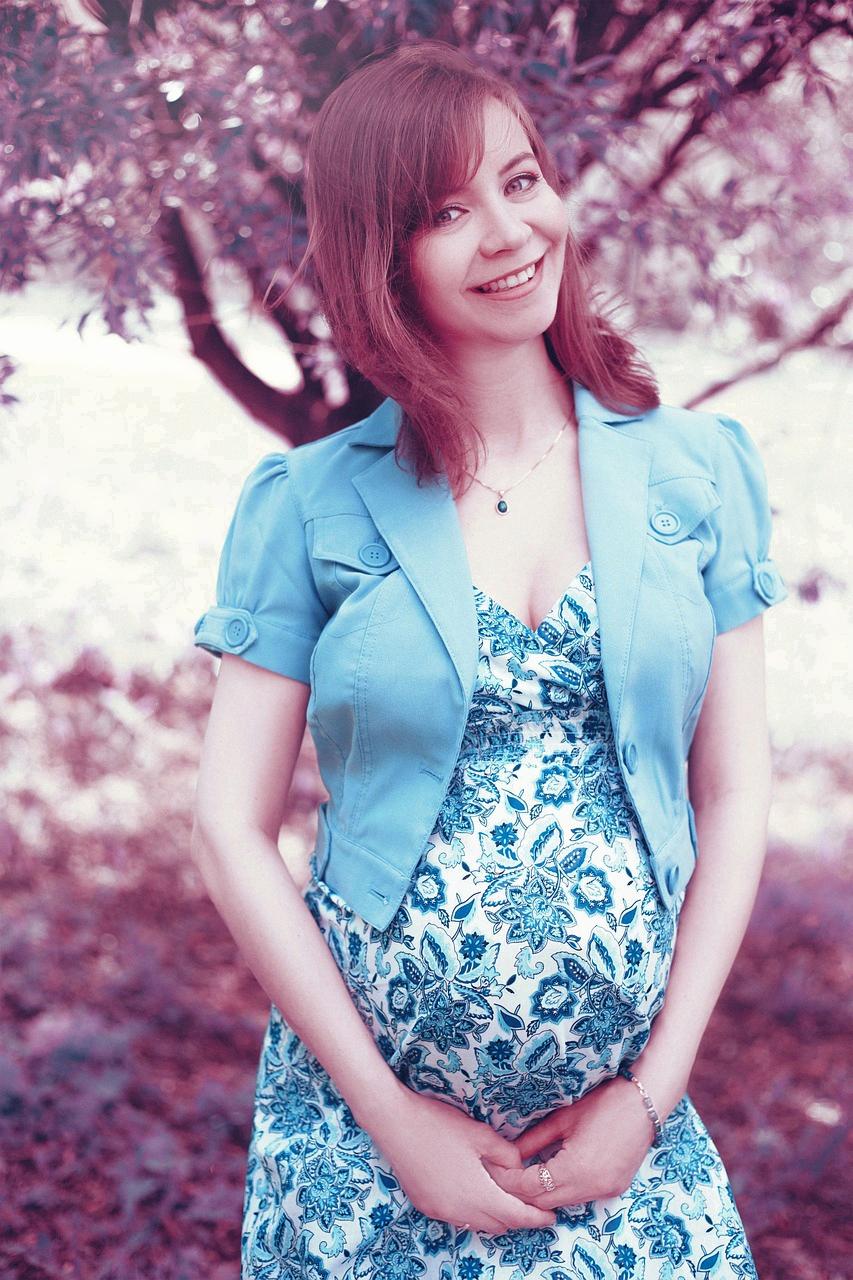When it comes to the question of what happens if you get the MMR vaccine while pregnant, it’s essential to consider the potential risks and implications involved. One crucial point to note is that the MMR vaccine is a live vaccine, which means it contains weakened versions of living viruses. While the MMR vaccine is generally safe and effective, there is a theoretical risk associated with receiving live vaccines during pregnancy.
The Potential Impact on the Baby
Exposure to the measles, mumps, and rubella viruses through the MMR vaccine during pregnancy can potentially pose risks to the developing fetus. In particular, rubella virus infection during pregnancy can lead to congenital rubella syndrome (CRS), which is associated with severe birth defects and neurodevelopmental problems in the baby.
Why Live Vaccines are Generally Not Recommended During Pregnancy
Live vaccines are usually not recommended for administration during pregnancy because of the theoretical risk of the live virus causing harm to the fetus. The immune response triggered by live vaccines involves the replication of the weakened virus in the body, which may potentially affect the developing fetus and lead to adverse outcomes.
Timing of Vaccination in Relation to Pregnancy
It is essential for individuals of childbearing age to ensure they are up to date on their vaccinations before becoming pregnant. The CDC recommends that women avoid becoming pregnant for at least four weeks after receiving the MMR vaccine to allow the immune response to settle and reduce any potential risk to the fetus.
Consulting with Healthcare Providers
For women who are unsure of their vaccination status or have concerns about receiving the MMR vaccine during pregnancy, it is crucial to consult with healthcare providers. Healthcare professionals can provide personalized guidance based on individual circumstances and help weigh the risks and benefits of vaccination.
Alternative Vaccination Strategies
In cases where vaccination is deemed necessary during pregnancy due to potential exposure to measles, mumps, or rubella, alternative strategies may be considered. Non-live vaccines or postpartum vaccination after delivery can be options to ensure protection against these diseases without posing risks to the developing fetus.
Importance of Herd Immunity
Maintaining high levels of immunity within the community through vaccination is crucial in protecting vulnerable populations, including pregnant women and infants who are too young to be vaccinated. By promoting herd immunity, the risk of disease transmission can be reduced, providing indirect protection to those who cannot receive certain vaccines.
Educating Expectant Mothers
Providing accurate information and education to expectant mothers about the importance of vaccination, along with the potential risks and benefits, is essential in empowering individuals to make informed decisions about their healthcare. Open communication and dialogue with healthcare providers can help address any concerns or misconceptions surrounding vaccination during pregnancy.
Research and Guidelines
Research on the safety and efficacy of vaccines during pregnancy continues to evolve, and healthcare guidelines are regularly updated based on the latest evidence. Staying informed about current recommendations and advancements in vaccination strategies can ensure optimal protection for both pregnant individuals and their babies.
Conclusion: Weighing the Risks and Benefits
While the MMR vaccine is generally safe and effective, the theoretical risks associated with receiving live vaccines during pregnancy should be carefully considered. Understanding the potential impact on the developing fetus, consulting with healthcare providers, and exploring alternative vaccination strategies are all critical aspects in making informed decisions about vaccination during pregnancy.

